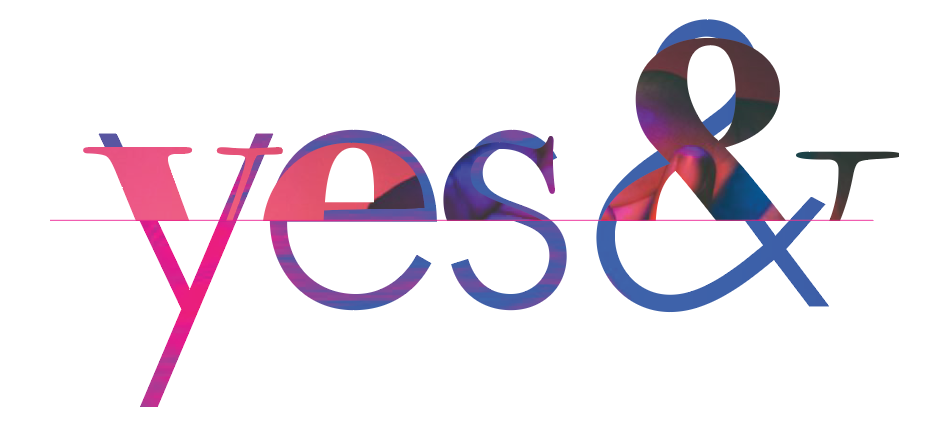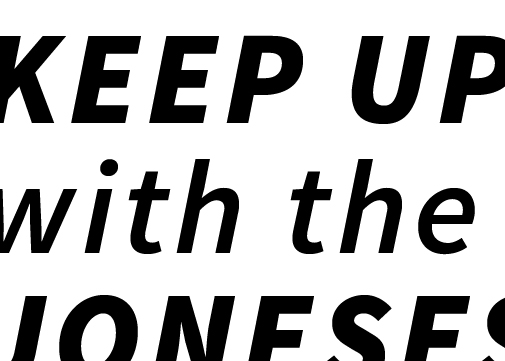Over the last 30 years, we have seen the power of microprocessors double about every 18 months. Everyday objects contain sensors that connect to the cloud, leverage our personal information and continuously connect us to social networks. A world full of such “smart” objects has serious implications for society. German computer scientist, Friedemann Mattern, comments: “The social and political challenges of the ubiquitous computing era will be characterized by an increasing dependence on technology, control over the information to which everyday objects are linked, and the protection of privacy.” (1)
“The social and political challenges of the ubiquitous computing era will be characterized by an increasing dependence on technology, control over the information to which everyday objects are linked, and the protection of privacy.”
When reviewing the readings, several potential societal implications came to mind:
POTENTIAL FOR INCREASED ANXIETY + STRESS
Is there a point when living in a world full of interconnected smart devices begins to feel like a prison of information? Do I really want everyday devices to track, send constant notifications and information everywhere I go? As someone who often encounters a sense of panic every time my cell phone rings, I would have to say several of the features touted from IOT-connected devices sound like anxiety producing little monsters.
Let’s take, for example, the scale mentioned in Five Steps on the Ladder of Enchantment. Yes, I have a few things running through my mind when weighting myself –have a gained weight, do I look fat today, I really need to exercise more, I should to eat better, etc. Do I really want the constant nuisance of these negative thoughts throughout my entire day? What would be the negative consequences for a society of females with media pressure to look a certain way, where eating disorders and negative body image are pervasive?
Whether it’s tracking my weight, what food I consumer or how much I recycle…how could information collection/tracking/storage/delivery worsen compulsive behaviors that stem from constant expectations of ourselves, our social networks and society as a whole? Are these not just tools to create shame, guilt and inadequacy?
What are the implications of developing a world where objects are equal to humans? Do I really want my plants calling for water, my dog asking to chase a rabbit and a trash can that nags? The day I begin to think on my trash can as an “endearing friend” might be the day I choose to opt out of life. My serenity and peace of mind (as the human that I am) is more important than any object and thus I cannot foresee a a future in which an object is equal to me. Perhaps I am selfish and self-centered.
Research has documented increased anxiety and depression amongst users of smartphones and the Internet. Will this trend grow? (4/5)
MANIPULATION FOR THE ECONOMIC GAIN OF BIG BUSINESS
Who REALLY benefits from the information-tracking, connected world? Despite benefits to users, are not the real beneficiaries the developers of these products and those collecting our personal data?
The IOT and pervasive computing provide for greater commercial means to communicate messages and advertisements to users “where appropriate” (2), which from a commercial perspective may very likely be ALWAYS. We are fast approaching a world where everything “profiles your interests, and those of your friends, to better target each of you with advertisements” (2). By definition, a profile is a concise biographical sketch on an individual. Surrounded by the IOT, how are our biographies being leveraged for the economic gain of big business?
SOCIOECONOMIC INEQUALITY
Who will have access to smart objects promising to improve our health and lives? Will the growing technology further the socioeconomic divide?
PRIVACY ISSUES + THE POTENTIAL FOR REDUCED AUTONOMY
I am very interested in the discussion of healthcare in the reading. Are health related interventions/information tracking being “done to you instead of done for you”? The reading suggest that smart objects can “nudge you in the right direction”(2), whether this be weight loss, healthy eating or lifestyle tracking.
The IOT has the potential to offer incentives to try to influence people’s behavior…to purchase a good, act in a more healthy manner, work differently, use goods in more efficient ways, etc. Social media educator, Laurel Papworth, explains, “Every part of our life will be quantifiable, and eternal, and we will answer to the community for our decisions. For example, skipping the gym will have your gym shoes auto tweet (equivalent) to the peer-to-peer health insurance network that will decide to degrade your premiums. There is already a machine that can read brain activity, including desire, in front of advertising by near/proximity. I have no doubt that will be placed into the Big Data databases when evaluating hand gestures, body language, and pace for presenting social objects for discussion/purchase/voting.” (3)
“Every part of our life will be quantifiable, and eternal, and we will answer to the community for our decisions.”
The question arises, how does the IOT and pervasive computing provide a unfavorable means of public scrutiny of private matters?
Experts and advocates of emerging technology state that “the information must remain under the control and ownership of the individual, not the company (2)”. How can we ensure full disclosure of the possible negative consequences data collecting networks? Commerce has always shared information from biased, persuading voice presenting the most beneficial and enticing features. How can a user be informed beyond fine print in order to maintain control and autonomy?
A HIGH-TECH WAY OF KEEPING UP WITH THE JONESES
Soon will be a day when “consolidating family data on a social network to allow comparisons across entire neighborhoods or communities…can the Smiths or the Joneses buy more local, more green, with less packaging and more recycling?” So, soon we offer a high-tech way to keep up with the Joneses. How will this socialization of data create a new means to feel unsatisfied with your life, to create an ever-growing need for newer things, better individual performance and constant competition in everyday tasks?
RESPONSIBILITY OF DESIGNERS
In summary, I’d like to provide a quote from one of the readings: “The TRICK for designers is to make sure these systems give people the SENSE of greater – not less – control and mastery” over their lives.
I propose the question: What ethical implications arise as designer when producing products, interfaces, networks and technologies that attempt to TRICK users into thinking they have greater control while minimizing the potential negative effects and loss of privacy?

